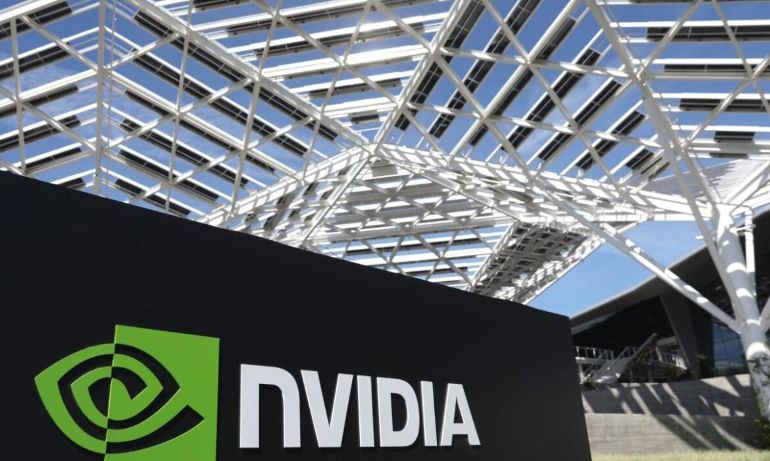Nandini Roy Choudhury, writer
Brief news
- Founders of major European tech firms signed an open letter advocating for a unified entity, EU Inc, to enhance innovation and streamline regulations across Europe.
- The letter highlights the fragmentation of Europe’s startup scene and calls for cross-border collaboration to boost competitiveness against the U.S. and China.
- EU Inc aims to simplify operations, standardize investment processes, and improve access to capital, addressing the challenges faced by European startups.
Detailed news
On Monday, the founders of several of Europe’s most prominent technology firms signed an open letter advocating for a “tech renaissance” that would be facilitated by the establishment of a unified pan-European entity to foster innovation and businesses within the region.
Patrick Collison, CEO of payments technology behemoth Stripe; Taavet Hinrikus, co-founder of money transfer app Wise and venture capital firm Plural; and Eléonore Crespo, CEO of French accounting software unicorn Pigment, are among the entrepreneurs who are supporting the proposition.
Index Ventures, Sequoia, and Seedcamp also signed the letter.
“Europe’s unfair advantage is the diversity of its countries and cultures.” “However, as a result, our startup scene is fragmented,” stated the open letter, which was published on Monday on the EU Inc initiative’s newly established website.
The letter stated that cross-border collaboration is uncommon, and legal and regulatory compliance is a burden. It also noted that European investors’ capital tends to remain within national borders, in contrast to that of U.S. venture capitalists. This leads to “an artificial limit on the chances of success of our startups, unrealized potential, and stifled momentum.”
Instead of enacting new legislation at the EU level to simplify regulations for tech startups, the founders are urging policymakers to permit the establishment of a new, unified entity, EU Inc, under the 28th regime of the bloc.
The 28th administrations, which are proposed legal frameworks within the EU, provide an alternative to the national regulations of member states, rather than replacing them.
In addition to the extant national legislation of the EU’s 27 member states, the European Company Statute provides an alternative 28th option for the establishment of public limited-liability companies in the EU. for instance.
According to a press release issued on Monday, the new structure of EU Inc will “simplify cross-border operations, standardize investment processes, and establish a unified employee stock options framework” to assist European businesses in scaling rapidly and attracting additional capital.
Ilkka Paananen, CEO of Supercell, the Finnish mobile game publisher owned by Chinese tech behemoth Tencent, and Miki Kuusi, CEO of Wolt, the European food delivery app owned by American online ordering platform DoorDash, are among the additional signatories to the open letter.
The establishment of EU Inc as an initiative coincides with the demand for significant European reforms by a number of officials to enhance the bloc’s ability to compete more effectively with the United States and China as an economic superpower.
Mr. Mario Draghi, the former President of the European Central Bank, released a report last month that was eagerly anticipated. The report urged the EU to increase its investment by 800 billion euros annually in order to enhance its global competitiveness.
Draghi identified technology innovation as a critical area that required development, asserting that the region remains “trapped in a static industrial structure with a scarcity of new companies that can disrupt existing industries or establish new growth engines.”
In the interim, Ursula von der Leyen, the president of the European Commission, has prioritized the promotion of innovation, competitiveness, and wiser regulation since her reelection.
“Momentum is indispensable in the startup sector.” According to Andreas Klinger, an investor at Prototype Capital and co-initiator of the EU Inc proposals, “Anything that slows you down doesn’t just slow you down; it kills you by stopping you from reaching escape velocity.”
“Despite the European startup ecosystem’s exceptional strengths, global ambition, and world-class talent, it remains exceedingly challenging to establish a presence here.” EU Inc is dedicated to eliminating these artificial limitations and enabling our entrepreneurs to achieve genuine acceleration.
Europe has historically been behind the United States and China in terms of the development of global technology powers. Amazon, Google, Meta, and Apple are all headquartered in the United States, which is the largest technology market. Meanwhile, China boasts its own technological behemoths, such as Baidu, Tencent, and Alibaba.
Martin Mignot, a partner at Index Ventures, stated, “Today, the construction of a tech giant from Europe necessitates the ability to navigate a complex web of regulations and market conditions.” “EU Inc is a significant opportunity for us to simplify and streamline the landscape.”
Atomico’s 2023 State of European Tech report indicates that European technology firms secured $45 billion in venture capital funding last year. This pales in comparison to the United States, where startups raised $120 billion. Atomico’s data indicates that Chinese entrepreneurs raised $48 billion in 2023.
Atomico reported in November 2023 that European technology firms are 40% less likely to secure venture funding after five years than their U.S. counterparts, despite the fact that the number of new businesses created in Europe exceeds that of the U.S.
Source : CNBC News



